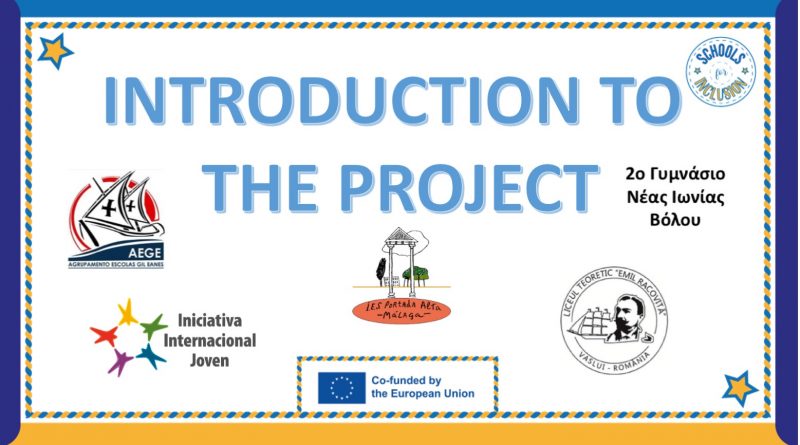Introduction to the project and Learning Needs
This project was created with Europe’s unique context in mind, and is meant to address the social problem regarding education for ethnic minorities, inclusion in schools and education in values. Furthemore, the current crisis that Europe faces due to factors such as the COVID-19 pandemic or the war in Ukraine, contribute to intolerance towards diversity, discrimination, violence, hate, racism, nationalism, etc., all of which are reflected in the educational system.
With this in mind, the project Schools For Inclusion takes on the following challenges and difficulties that Europe is facing:
Rejection and feelings of exclusion towards young people coming from other countries around the world and/or difficult socioeconomic situations, such as those from marginalized neighborhoods;
The resurgence in intolerance towards diversity, discrimination, hate speech, fake news, racism,nationalism, extremism, Islamophobia, xenophobia, etc.;
New social, educational, and professional development needs stemming from the migration crisis, the pandemic and unprecedented unemployment rates among young people in the participating countries;
Preparing professors with the necessary skills for promoting inclusion and core social values among students;
The general lack of spaces for reflection, debate and active participation, resulting in dissatisfaction among young people in regards to the democratic system.
High levels of apathy and low levels of critical thinking, creativity and initiative among young people.
In order to do so, this project aimed to better prepare educational staff to deal with the challenges and difficulties in educational settings, providing them with a space to share, create and implement good practices that promote social inclusion and the teaching of educational values in secondary education.

